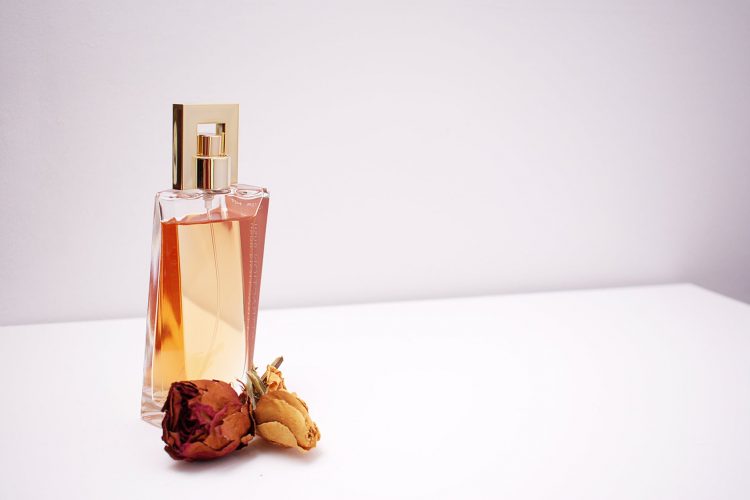If you walk into any department store, you might notice a cacophony of scents. Some are bold and woody while others are lighter, sweeter, and may smell of fruit or nectar. These are the perfumes and colognes that people use to mask the odor, smell better, or to enhance their natural scents.
Perfume has been around for centuries, and even though the use and varieties of perfume are numerous and innovative, at one time in history, only those in royal families used or had access to perfume. Royal perfume was often expensive or made specifically to suit the tastes of royalty, and many of these scents are still available.
This article explores the history of perfume and how its use has changed over several millennia.
History of Perfume
It is widely accepted knowledge that the Ancient Egyptians were the people who first began making and using perfume. This fact is known from detailed written records and from excavations of numerous archaeological sites throughout Egypt where ancient perfume bottles and jars have been unearthed.
In Ancient Egypt, perfume was most commonly used as part of religious ceremonies and was available in the form of balms, ointments, and incense. After their initial use in religious rituals, perfumes were used in festivals and adopted by many Egyptian women who used them for both cosmetic and medicinal purposes. There is also a speculation that Egyptian women would wear perfumed oils in preparation for spending romantic moments with their partners.
As time marched on and as trade developed across continents, perfume came to Ancient Greece and eventually found its way into the kingdoms of Europe where the use of royal perfume began.
If a queen or princess favored the scent of a particular flower or plant, she would have it made into a perfume by a skilled perfumer. The perfumer was also otherwise referred to as a ‘Nose’ or ‘Le Nez.’ This practice was common, particularly in France.
Evolution of Perfume
Over the years, chemists have become those often responsible for the making of perfume. With advances in technology alongside the study of human and animal pheromones, perfumes are carefully prepared and meticulously designed to attract mates, mask odors, enhance natural scents, and even to aerate a specific environment.
Perfumes are present in lotions, air fresheners, cosmetics, and even in garbage bags. There aren’t many products where perfumes can’t be incorporated if a manufacturer decides it so. In keeping with traditional methods, you can find many standard perfume formulas that were preferred by kings, queens, and other nobility who once sought after these precious, hypnotic scents.
It was often thought in many cultures that the gods favored certain scents and that by using them, humans could alter or enhance their physical and spiritual experiences on earth. Many of these scents are still produced, such as those with frankincense and myrrh.
Choosing Perfumes
It is often a recommendation that you should choose a perfume or cologne that blends well with your body’s natural scent and chemistry. The only way to do this is by trying the perfume.
It is a common thought that if the aroma is inviting and pleasing to the user after application, it works well with the body. If an odor formed causes anxiety, or even a headache, the perfume has interacted poorly with the body and its use should be discontinued.

